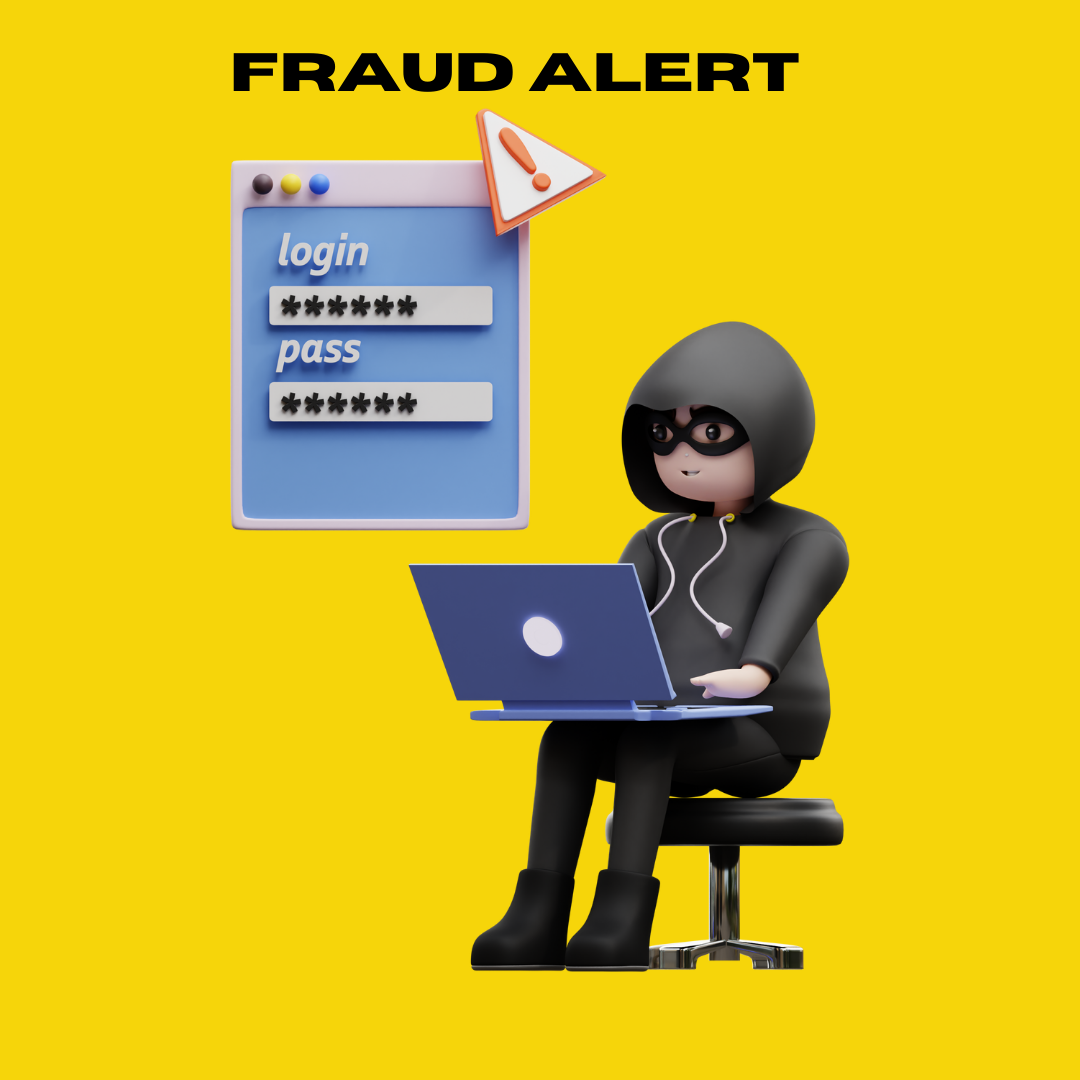Credit Management
How to Dodge Financial Fraud from Phishing to Scams

Fraudsters are always looking for ways to make fast money, and our online world makes it easy. Scammers and cyber tricksters are devising new ways to swindle unsuspecting people out of their money. From sneaky phishing emails to elaborate scams, staying sharp and proactive in protecting your hard-earned cash is important.
Spotting Phishing: What to Look Out For
Phishing is like a sneak attack in the digital world. It's when scammers lure you into giving up personal info like passwords, credit card details, etc. They often do this through bogus emails that look legit, pretending to be from trusted sources like banks or government bodies. Watch out for urgent emails asking you to click on links or provide sensitive data.
To outsmart phishing attempts, look for red flags. Typos, grammar slip-ups, or generic greetings are dead giveaways. Legit organizations won't ask for sensitive details via email. Check the actual email address, which will mimic the real one, and hover over the links to see where they go. When in doubt, verify the sender's authenticity through official channels like their website or customer service hotline. By being skeptical and cautious, you can dodge phishing traps like a pro.
Dodging Scams and Shady Schemes
Scams come in many shapes and sizes, from dodgy investments to too-good-to-be-true lottery wins. Scammers love to play on emotions and lure you in with persuasive tactics. Some impersonate relatives who claim to be in distress and need money. Only send money after verifying with other family members. For deals, be skeptical of offers that sound too amazing to be real; there are no shortcuts to quick financial windfalls. Take your time, do your homework, and don't rush into financial decisions under pressure. Never commit to giving money to strangers or someone you’ve only interacted with online.
Watch out for requests for upfront payments, wire transfers, or sharing sensitive financial details. Legitimate folks won’t push you into immediate payments or ask you to divulge personal info with proper verification. Trust your gut and always double-check before plunging into unknown financial dealings.
Gear Up with Secure Tech and Smart Moves
Alongside a healthy dose of skepticism, you can amp up your defenses against financial fraud using secure technologies and best practices. Keep those passwords strong and unique, turn on that multi-factor authentication whenever possible, and keep your software updated to avoid potential vulnerabilities. Consider using a VPN when making online purchases.
Play it safe with your payment methods and be cautious when sharing payment info online; some credit card companies allow you to set up virtual cards for specific payments, which can help you safeguard your actual card number. Ensure websites are legit and secure before punching in sensitive financial details. Look for that trusty "https" in the URL and the padlock symbol in the browser address bar.
Stay informed about the latest fraud trends and inform yourself about potential threats. Reliable sources like government agencies and financial institutions offer valuable resources to help you spot and avoid financial fraud. The Federal Trade Commission (FTC) regularly publishes alerts about common or trending scams and alerts you can sign up to receive or follow them on social media.